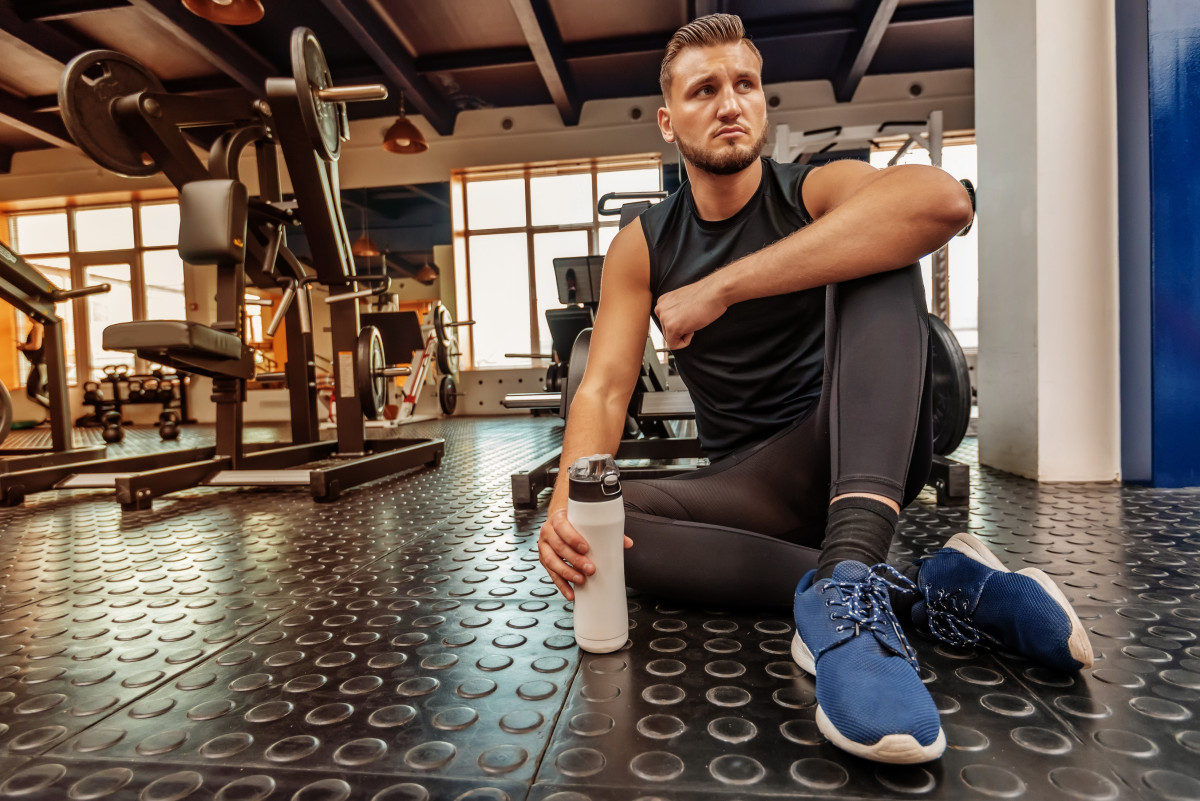In recent years, ecdysteroids have garnered attention within the sports and fitness community for their potential benefits on athletic performance. Professional athletes and exercisers alike are exploring practical ways to incorporate these compounds into a balanced and nutritious diet. Here is a sneak peek on what ecdysteroids are, their impact on athletic performance, and how to include them in a well-planned diet.
What are Ecdysteroids?
Ecdysteroids are natural steroid hormones found in plants and insects. They play vital roles in gene-switch systems and insect ecdysteroid receptors. Interestingly, when consumed by humans, they can provide numerous advantages such as enhancing muscle growth, reducing body fat, and improving performance. Also, initial research suggests that the effects of ecdysteroids might aid in increasing strength, endurance, and lean muscle mass. These physiological changes could help athletes improve their overall performance and gain a competitive edge. Furthermore, these compounds exhibit adaptogenic properties that may facilitate better recovery from intense workouts and reduce stress-induced damage in the body. Some studies also propose that ecdysteroids may enhance the metabolism of fats and carbohydrates. This effect could assist athletes in maintaining optimal body composition and energy levels during rigorous training periods. As more research emerges about the botanical extract reference, it becomes increasingly evident that integrating ecdysteroids into an athlete’s diet holds significant potential.
Finding Ecdysteroid-Rich Foods
Ecdysteroids abound in certain vegetables, fruits, and legumes. Consuming a diverse range of plant-based foods not only ensures an adequate supply of these compounds but also addresses the athlete’s vitamin and mineral needs. Some sources of ecdysteroids include:
- Spinach: recognized as a nutrient powerhouse, spinach boasts considerable levels of ecdysteroids. In addition, this leafy green is rich in vitamins A, C, K, folate, calcium, and other essential nutrients.
- Quinoa: this gluten-free pseudo-grain is gaining popularity among athletes for its high protein content, complete amino acid profile, and numerous micronutrients. Notably, quinoa contains significant amounts of ecdysteroids that may aid in muscle synthesis and repair after intense workouts.
- Suma Root: also known as Brazilian ginseng, suma root has been traditionally utilized for its adaptogenic properties to enhance stamina and endurance. More recently, it has been discovered as a potent source of ecdysteroids. Athletes can incorporate suma root in their diet as a supplement or powder in smoothies.
Tailoring Macronutrient Intake
While integrating ecdysteroid-rich foods into your menu plan, it’s crucial to maintain a balance between macronutrients according to your specific athletic goals. Individual dietary needs change depending on factors such as age, gender, and training intensity.
Carbohydrates
Athletes typically require a higher carbohydrate intake to fuel their energy demands during exercise. Complex carbs like whole grains, fruits, and starchy vegetables should make up the majority of an athlete’s diet, as they provide sustained energy and vital micronutrients.
Proteins
Protein is crucial for the growth, repair, and maintenance of muscles. Athletes need to consume sufficient protein daily to support these processes. Choose high-quality sources such as lean meats, fish, eggs, dairy products, legumes, and nuts to meet your protein targets.
Fats
Fats are essential for various bodily functions like hormone production, vitamin absorption, and energy provision during low-intensity or long-duration events. Prioritize healthy fats from sources like avocados, olive oil, nuts, and seeds over processed and trans fats.
Adapting a Vegan Diet
Athletes who follow a vegan diet can still obtain all their essential nutrients as long as they carefully plan their meals and incorporate diverse plant-based foods. Additionally, by selecting ecdysteroid-rich vegan options, such as spinach and quinoa, athletes can enjoy the benefits of these unique compounds while staying true to their dietary principles. Be mindful of potential nutrient deficiencies such as iron, calcium, zinc, and vitamin B12, and consider supplementation if needed.
Striking a Balance
Integrating ecdysteroids into your regimen should not overshadow the importance of consuming a balanced diet rich in whole, minimally processed foods. Remember that meeting your macronutrient and micronutrient needs is imperative for optimal health and peak performance. By strategically including ecdysteroid-rich foods in a well rounded eating plan, you may unlock new possibilities for enhanced athletic achievements while supporting overall wellbeing.
